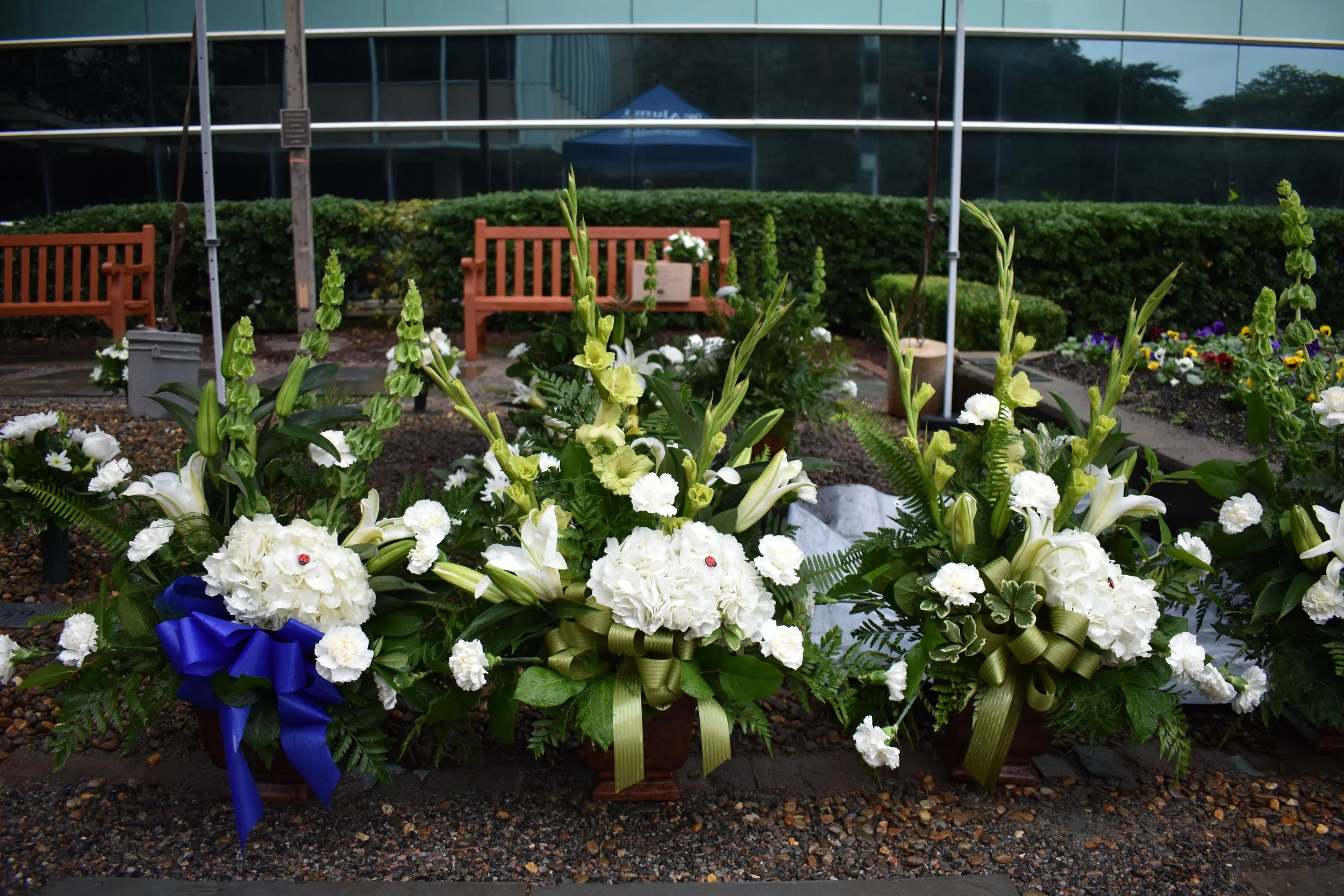Election recap: How every vote matters following the 2022 mid-term election
The runoff election will be held on Dec. 6 with additional days scheduled for early voting. (photo by Rakiyah Lenon)
By CM Wahl | Staff writer
On Tuesday, Nov. 8, voters across Georgia took to the polls to elect the state’s next round of leaders. Gov. Brian Kemp was re-elected for another four years, beating out Democratic candidate Stacey Abrams, while senatorial contenders Raphael Warnock and Herschel Walker raced neck-andneck. With neither reaching 50% of the votes to secure a victory, both are forced to compete in a runoff election taking place on Tuesday, Dec. 6. The winner of the runoff will represent Georgia in the Senate for the next six years.
“Who we elect to office transforms, creates, extinguishes every single aspect of our lives,” said Craig Albert, professor of Political Science and graduate director of the Master of Arts in Intelligence and Security Studies at Augusta University.
The American citizen’s right to vote is a freedom that Albert urges students to cherish. He said, on a local level, elected officials are the least paid attention to by ages 18 to 26. This means what affects a student’s daily life – such as city safety, potential gentrification and community entertainment – are maintained locally yet rarely garner a priority of interest.
“You should be involved in the political process to make sure that your voice is heard,” said Albert.
On a national level, serious policies relating to war, taxes, education, military service, food safety, gun laws, and alcohol and tobacco use are handled by the federal government. The candidate Georgians selected for Senator in the upcoming runoff will represent the state on these issues and much more. Albert advises students to educate themselves on where each candidate stands, and whether they will represent the true interests of Georgia.
“We’re not a democracy,” explained Albert. “It’s very important for people to understand that. We are a Republic, which means ... who we elect to office is supposed to be for the benefit and the interest of all.”
Albert recommends that students get involved in politics, read the Constitution and decide for themselves where they stand on the issues of liberty and security. Democrats and Republicans have different perspectives on where the pendulum swings on specific issues. For example, abortion is a liberty issue to Democrats, but a security issue to Republicans, defined through the lens of moralism.
“You can’t have equal liberty and equal security. The more secure you are, the less liberty you have. The more liberty you have, the less secure you’re going to be,” he said.
He added concerns of a party have flip-flopped, creating a large number of voters who find themselves in between the two-party system on a variety of issues. He recommends voters align themselves with Plato’s description of a “disinterested citizen,” because the only way a Republic can work is in the interest of the most, that is, what is best for “the common good.”
“Sometimes, I vote against what I think would benefit my personal life because I don’t think it would be in the best interest of the country,” said Albert.
According to him, students who get involved in politics in college and before will be well-informed and well-practiced, not just on the issues, but on the democratic process and discourse. Understanding the sincerity of a potential leader can help a voter determine if they are the best person for the job.
“This is how you get to shape the future. By understanding the policies and selecting the person you think represents the interest of the United States the best,” he said “That’s freedom. That’s what separates us from tyranny.”
In the runoff, Georgia could be the deciding factor for the outcome of the Senate. Since Republicans might become the majority party in the House, Albert said Georgians will have to decide if a divided government will benefit the country, or if one party should be allowed to govern Congress. He recommended students watch the debate between Warnock and Walker to refresh themselves on where each candidate stands and make a plan to vote.
“In a Democratic Republic, if you’re not voting, you’re letting other people make the decisions for you,” he said. Albert suggested students, who desire to see change in the government at any level, get more involved in the overall process. He believes students can make a difference, but they do not have to hate their opponents to do so.
“Disagree vigorously, passionately, but also logically, and lovingly,” he said.
To students who think their one vote does not matter, Albert vehemently disagrees. He believes every vote is critical, and Americans should celebrate the right to express their beliefs through the voting process. He reminds all the numbers between candidates are often extremely narrow, and one vote can actually determine how an election swings. He said many countries do not have voting rights, and that if students look into their own lineage, they will likely find someone who was denied access to voting but would have wanted to.
“People have fought, and died, and bled, and protested, and marched so everybody has the right to vote,” he said. “That’s what defines Americans.”
Contact CM Wahl at cwahl@augusta.edu.
This story is published in the Monday, Nov. 28, 2022 print edition of The Bell Ringer on the front page.




